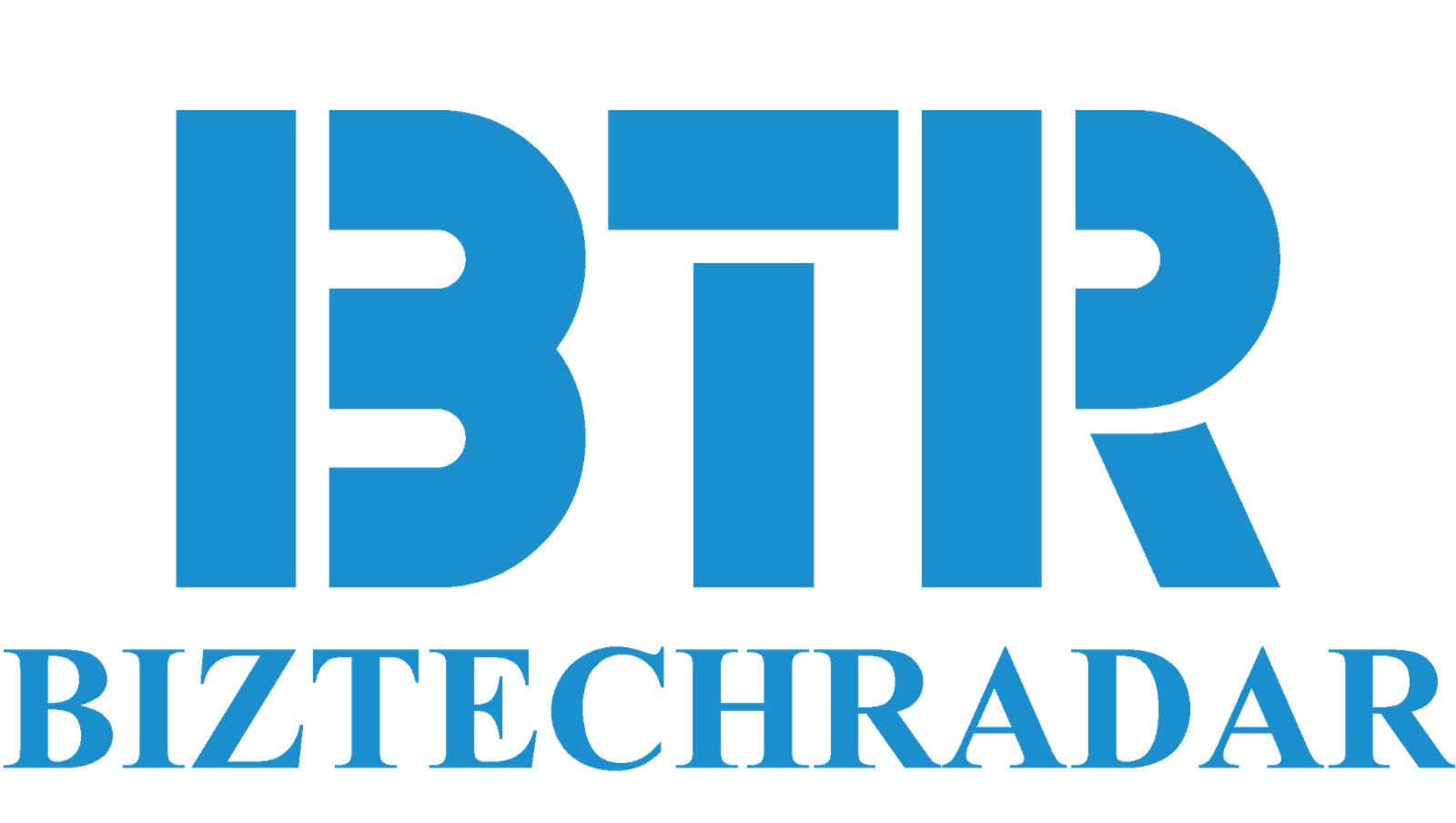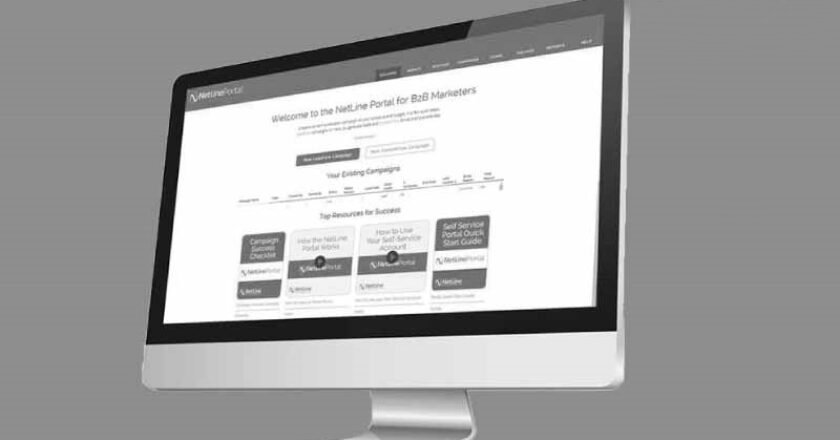NetLine Corporation released its Lead Management Platform: a SaaS solution offering B2B Marketers centralised lead capture, qualification, routing, analytics, and companion content amplification campaign capabilities within one simple-to-use and self-service interface.
Until now, NetLine’s Lead Management Platform has been exclusively reserved for use by countless tier 1 B2B media organisations to power their gated content and first-party data capture experiences. Starting today, the Platform will help B2B Marketers turn their existing traffic into revenue-based outcomes, enabling B2B Marketers to streamline their lead capture, lead management, and content amplification programs within one tool — furthering NetLine’s goal of democratising lead gen for all.
While newly available for B2B Marketers, this is an established and proven product that media companies have leveraged to increase conversions and generate richer first-party data to accelerate sales dialogue. Key features and highlights include:
- Unified and Predictive Login: 70 per cent of audiences are immediately recognised and offered zero typing or an enriched (less typing) experience. Most users will only need to complete 5-7 fields — a 60 per cent reduction in typing vs. traditional and non-predictive forms.
- Content Format Agnostic: One common form across every type of gated content format — including webinars and virtual experiences. Simplify and consolidate all legacy form solutions to a common experience for audiences and, more importantly, a common data structure with far richer user profiles.
This article was originally published by Martechvibe. On Dated: July 9, 2021




